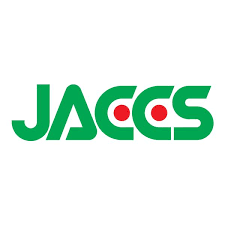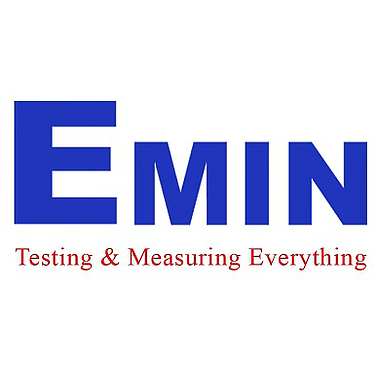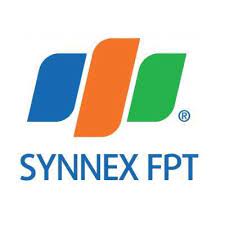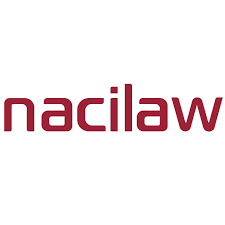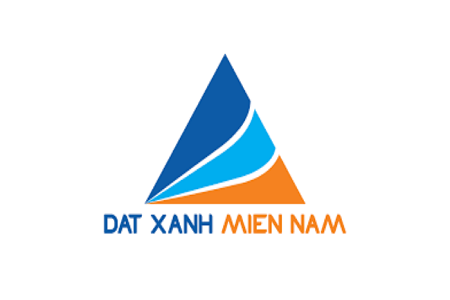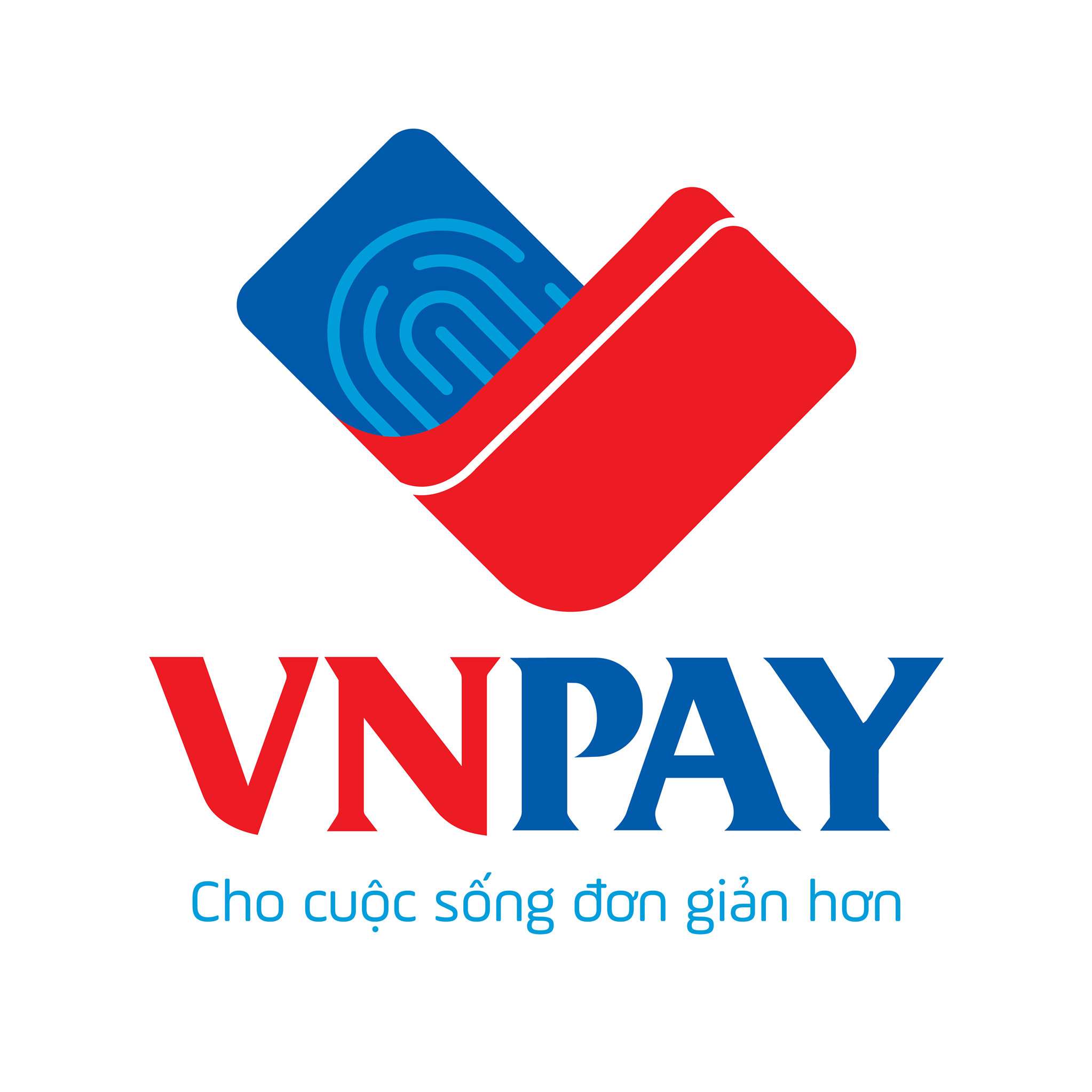Electronic document signing FPT.eContract Quotation


Register to use
-
Document packages has no time limit to use
-
FPT.eContract software products are not subject to VAT
-
SMS fee is not included for contract sending service by text message
-
Free data storage with each set of signed records for 10 years
-
Free initial consultation survey
-
Contracts and documents are stored at the only data center in Vietnam that meets ISO 27001: 2013 and 22301: 2012 information security standards
-
Ensure the data backup system by FPT's DC & DR.


Your partners and customers do not need to buy or register for an FPT.eContract account when signing. As long as one party has an FPT.eContract account to initiate the contract and the signing flow, all parties participating in the signing only need to provide an email address to perform the contract signing transaction.
Contracts and documents will be automatically transferred to the corresponding signatory as established in the signing flow by email or notification message on any phone, desktop or internet-connected device for digital signature or photo signature
Digitally signing with Digital Signature for:
– Traceability: ensures the identity of the signer
– Integrity: ensures the integrity of the content on unedited text
– Undeniability: it cannot be refused to digitally sign a document sent by the owner.
– Legality: a digitally signed electronic document has the same legal validity as a paper document signed with a handwritten signature.
Legal digital signature based on
Decree 130/2018/ND-CP–Detailing the implementation of the Law on Electronic Transactions on Digital Signatures and Digital Signature Certification services.
Decree 165/2018/ND-CP – Completing the legal system, promoting electronic transactions in the financial sector
Article 33 Chapter IV of the Law on Electronic Transactions of Vietnam 2005 No. 51/2005/QH11
An electronic contract is signed by an electronic digital signature.
According to Article 34 of the Law on Electronic Transactions, the legal value of an electronic contract cannot be denied simply because the contract is expressed in the form of a data message. Therefore, electronic contracts have the same legal validity as paper contracts.
The Law on Electronic Transactions in Clauses 1, 2, Article 14 stipulates: “A data message cannot be denied its value as evidence just because it is a data message. The evidential value of a data message is determined based on the reliability of the way the data message is generated, stored or transmitted; how to ensure and maintain the integrity of data messages; the manner in which the originator is determined and other relevant factors”.
Therefore, in the event of a dispute requiring courts and arbitration, as long as the integrity of the data is ensured and the originator and relevant factors identified, the electronic contract can be accepted. received at the same value as the normal contract.
A digital signature is a form of electronic signature. This is information encrypted with the sender’s private key, attached to the text to ensure that the recipient identifies and authenticates the correct origin and integrity of the received data.
Digital signature is understood as an electronic seal of an individual, enterprise or organization.
Application of e-contract in labor contract according to Labor Code 45/2019/QH14
Article 14. Form of labor contract
The labor contract must be entered into in writing and made in 02 copies, the employee keeps 01 copy, the employer keeps 01 copy, except for the case specified in Clause 2 of this Article. An employment contract entered into via electronic means in the form of a data message in accordance with the law on electronic transactions has the same value as a written labor contract.
Article 220. Effect
This Code takes effect from January 1, 2021. Labor Code No. 10/2012/QH13 ceases to be effective from the effective date of this Code.
From the effective date of this Code, the labor contract, collective labor agreement, and other lawful agreements entered into are not contrary to or ensure that employees have the right and favorable conditions. more favorable than the provisions of this Code may continue to be implemented, unless the parties agree on amendments and supplements to be appropriate and to apply the provisions of this Code.
Labor regime for cadres, civil servants, public employees, people in the People’s Army, People’s Public Security, social organizations, cooperative members, people working without labor relations prescribed by other legal documents, but depending on each subject, some provisions of this Code may be applied.
Electronic contracts in commerce based on Commercial Law: 36/2005/QH11
Article 15. Principles of recognizing the legal value of data messages in commercial activities. In commercial activities, data messages that satisfy the conditions and technical standards prescribed by law are recognized as having the same legal value as documents.
Electronic contracts in civil transactions are applied according to the Civil Code: 91/2015/QH13
Article 119. Forms of civil transactions: Civil transactions through electronic means in the form of data messages according to the provisions of the law on electronic transactions shall be considered as written transactions.
Pursuant to the Law on Accounting: 88/2015/QH13
Article 17. Electronic documents
Electronic documents are considered accounting documents when they contain the contents specified in Article 16 of this Law and are presented in the form of electronic data, encrypted without being changed during transmission over computer networks. computers, telecommunications networks or on information carriers such as magnetic tapes, magnetic disks, payment cards.
Electronic documents must ensure confidentiality and preserve data and information during use and storage; must be managed and checked against any form of exploitation, intrusion, copying, theft or improper use of electronic documents. Electronic documents are managed like accounting documents in the original form in which they are created, sent or received, but must be equipped with suitable equipment for use.
When paper documents are converted into electronic documents for transaction or payment or vice versa, electronic documents are valid for performing such economic and financial operations, paper documents are only valid for storage. kept for recording, monitoring and checking, not valid for transaction, payment.
Article 18. Making and storing accounting documents
Accounting documents made in the form of electronic documents must comply with the provisions of Article 17, Clause 1 and Clause 2 of this Article. Electronic documents are printed on paper and stored according to the provisions of Article 41 of this Law. In case it is not printed on paper but stored on electronic means, information and data must be kept safe and confidential and must be searchable within the storage period.
Article 19. Signing of accounting documents
Electronic documents must have an electronic signature. Signatures on electronic documents are as valid as signatures on paper documents.
E-contracts are applied to :
Labor contract
Service provision contract
Contract of lease
Loan agreements
An insurance contract
Contract of carriage of property and passengers
Sale contract
Service and commercial contracts
Agency contracts
The order
No. Criteria for electronic contracts Traditional contracts
1 Legal basis Law on Electronic Transactions 2005, Civil Code 2005. Latest Civil Code 2015
2 Transaction methods – Transactions by electronic means also known as written transactions
– Signed with an electronic signature
Typically, traditional contracts have the following methods:
– Written
– By words
– By action
– Other forms as agreed by both parties
3 Contents In addition to the contents of a traditional contract, the parties to an electronic contract may agree on:
– Technical requirements
– Authentication of electronic signatures
– Conditions to ensure integrity and confidentiality
– Object of the contract;
– Quantity Quality;
– Price, payment method;
– Term, place and method of contract performance;
– Rights and obligations of the parties;
– Liability for breach of contract;
– Argument setltement
UNCITRAL Law (United Nations Commission on International Trade Law) on Electronic Commerce 1996 (amended 1998)
Law on Electronic Transactions 2005:
Definition of Electronic Contract
Acknowledgment of the legality of the Electronic Contract
Principles of conclusion and performance of electronic contracts
Decree 130/2018/ND-CP detailing the implementation of the Law on electronic transactions on digital signatures and digital signature authentication services
The value of a digital signature on a data message is equivalent to a signature on a paper document
The value of the agency/organization’s digital signature on the data message is equivalent to the seal.
Model Law on Electronic Signatures 2001: On July 5, 2001, UNCITRAL adopted the Model Law on Electronic Signatures and a guide to its application.
United Nations Convention on the Use of Electronic Transactions in International Contracts 2005: Started in 2001, right after the Model Law on Electronic Signatures was promulgated. The development of the International Convention on the Use of Electronic Transactions in International Contracts was completed on November 23, 2005 after being ratified by the United Nations General Assembly. The Convention contains provisions on matters relating to electronic contracts with the aim of increasing legal security and predictability in commerce when international contractual transactions are carried out. present through electronic means.
Personal data security policy is regulated by FPT Information System Company Limited HERE
In particular, FIS commits to sharing or jointly processing Personal Data only in cases where it is necessary to carry out the Processing Purposes stated in this Policy or as prescribed by law. Customers have the right to know about the processing of their Personal Data, to consent or not to consent to the processing of their Personal Data, unless otherwise provided by law.
Loading





